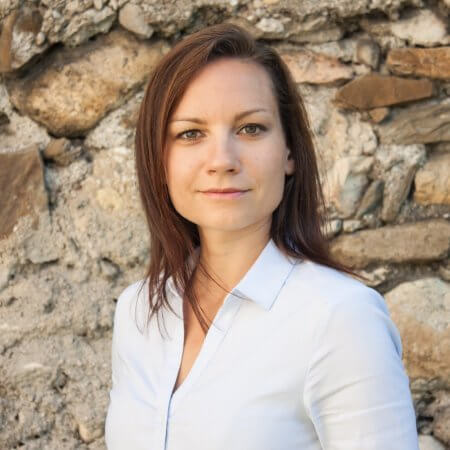How can we create technology that fits best to people’s (existing) collaborative practices to create valuable/sustainable relationships for all involved parties? To address this question, we consider the concept of social roles as a valuable theoretical and analytical tool to investigate the intersection of technology in use and collaborative practices. In short, social roles provide us with knowledge about how to act towards other people and thereby, make human behavior much more predictable, i.e., by knowing one’s counterpart expectations of action. Information and Communication Technologies (ICTs) for either individual or collaborative use pervaded our daily lives around activities happening in a variety of contexts, such as home, work, or on the move. We are explicitly interested in investigating how such technologies have an influence on how and in what way we communicate and collaborate with each other on all levels of our lives, thereby, supporting or interfering with existing collaborative practices and relationships.
From a methodological perspective, a lot of research in HCI, specifically in Computer-Supported-Cooperative-Work (CSCW) incorporates the concept of social roles, in terms of using it as an analytical tool to investigate structural properties of online interactions. While a lot of research focuses on identifying social roles based on online interactions, we consider the social grounding of these interactions in the offline world as critical, i.e., especially in online communities that overlap with the offline world. Extracting social roles not only from online but also from offline practices, allows us to inform the design of collaborative technology in general, shape interactions in online communities and match ‘the right people’ in the online world through supporting their needs in offline collaborative practices.
Within an European project (GeTVivid) we support the development of a peer-to-peer exchange platform that allows older adults to manage their daily activities. We started our research with investigating older adults support exchange practices, and carried out 15 situated interviews with older adults in three different European countries. On the basis of an interpretative role analysis, we extracted 15 social roles in older adults’ already existing support-exchange practices to inform the design and matching of people (i.e., through complementary role matching). The concept of social roles provided us a valuable theoretical and analytical guidance to better understand what it is actually about when ‘giving & taking’ support to or from others.



